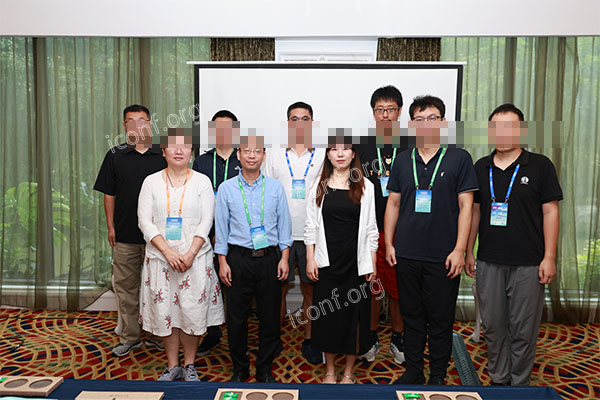For researchers pursuing academic recognition or career advancement, selecting the right publication outlet is critical. Among many available options, EI-indexed conferences often stand out as a preferred choice in engineering, computer science, and applied sciences. But how high is the academic value and recognition of EI conferences? Let’s unpack the meaning of EI indexing and what it truly offers.

1. What Does “EI-Indexed” Really Mean?
EI stands for Engineering Index, now part of EI Compendex, a global database that indexes high-quality literature in engineering and technology. When a conference is “EI-indexed,” it means:
-
Its proceedings meet EI’s basic academic and technical standards
-
Accepted papers are indexed in Engineering Village, making them more visible and citable
-
It holds a level of international academic recognition
Being indexed by EI doesn’t automatically mean top-tier prestige, but it ensures your work is formally documented and accessible to the global academic community.
2. Recognition Across Academia
In many countries, especially in Asia, the inclusion of EI-indexed publications is an important metric in:
-
Master’s and PhD graduation requirements
-
Faculty promotion or tenure evaluations
-
Funding applications and research project approvals
-
Institutional ranking systems
Universities and research institutes often assign points or credit to EI papers—especially those from well-known conferences. While not on the same level as SCI or SSCI journals, EI is widely accepted in technical fields.
3. Varies by Field and Region
The perceived value of EI conferences can differ based on your:
-
Discipline: In computer science, electrical engineering, and automation, EI conference papers are often as important as journals.
-
Geographical region: In China, India, and several Southeast Asian countries, EI-indexed papers are often required for graduate evaluation. In contrast, some Western institutions may place more emphasis on journal publications.
Nonetheless, EI indexing ensures international exposure, which is vital for early-career researchers.
4. Differentiating Between EI Conferences
Not all EI conferences are equal. Some are:
-
Top-tier and selective, with rigorous peer review and industry recognition
-
Mid-level conferences, accessible but still legitimate
-
Low-quality or predatory, with loose review processes or inflated fees
So while EI indexing provides a baseline credibility, the actual value also depends on the conference organizer, reputation, and acceptance criteria.
Tip: Use platforms like iconf.org to find curated, high-quality EI conferences that are trusted within academic communities.
5. Should You Prioritize EI Conferences?
If you're in a technical or applied science field, the answer is generally yes—especially for:
-
Gaining early publication experience
-
Presenting your work to a live audience
-
Building a publication record during graduate studies
-
Meeting institutional or funding requirements
But for long-term academic impact, consider also aiming for EI-indexed journals or SCI-level publications as you advance in your career.
Final Thoughts
EI-indexed conferences offer solid academic recognition, especially within technical disciplines. While they may not carry the same weight as top journals, they serve as a legitimate and practical route for sharing research, building your reputation, and meeting academic benchmarks. The key is to choose wisely—platforms like iconf.org help you avoid low-quality events and connect with reputable, well-organized conferences that truly support your research journey.
